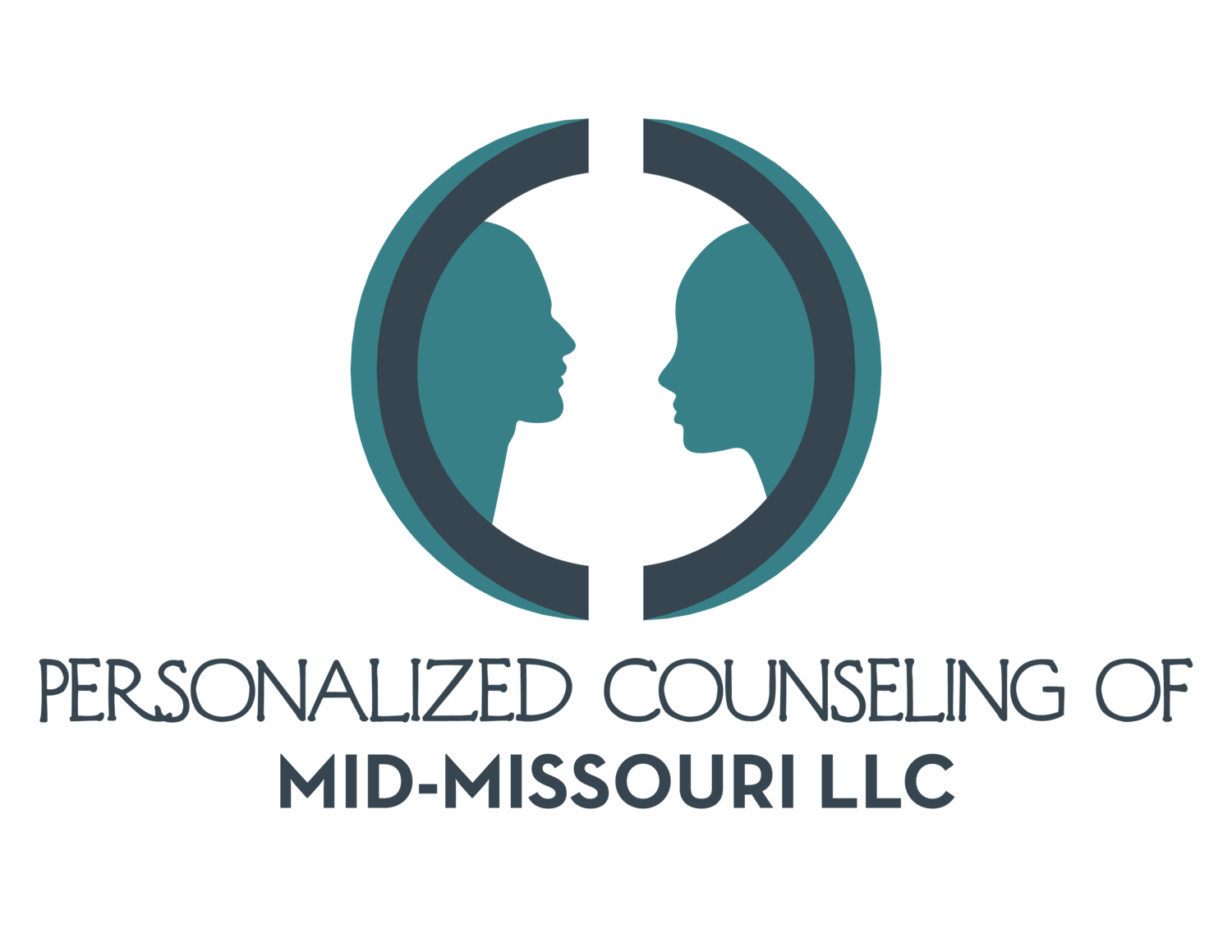FAQs About Grief Counseling Columbia, MO
Columbia, MO, has so many professionals available, and we are fortunate to have many options for healing. However, all the options may feel overwhelming and confuse you about how to proceed. We have so many options for help in our community for support and understanding. Grief counseling can make it easier to find the best help for healing. Understanding a little more about Grief counseling may help you get clearer about what you need as you find help to heal.
Maybe you have found a few counselors in Columbia, MO, who seem like they could be a good fit. You may still have questions, and it is not unusual to want more information.
As a Grief Counselor in Columbia, MO, I know it can be a big step to book the first session. You may be feeling apprehensive and on the fence about needing therapy. I am here to help you get more information about Grief Therapy. Please read these Frequently Asked Questions:
What happens in the first session of Grief Therapy?
During the first session, your counselor will do an assessment. The assessment helps the counselor learn more about you and how your grief shows up for you. It also helps your therapist understand how much your grief has changed your life. The counselor will also want to know your story of what your loved one meant to you and how not having them physically present in your life affects you.
What can I expect from grief counseling?
The sessions are your time to feel all the emotions boiling up since your loved one died. The therapist may gently prompt you to consider where the emotions come from and what they mean to you. The counselor will often help you grow to a point where you can be less affected by the big emotions that arise.
How does grief therapy help?
Many times after a loved one dies, people will rally around you in the beginning. After a few weeks or months, the support begins to lessen. As the support lessens, you may feel more alone with your sadness, anger, guilt, and worry. Grief Therapy is a place to connect to your therapist, who understands that grief can’t go away after the funeral or after the bereavement leave is over. Your counselor also understands that just saying, “get over it, “ never works. Taking the time to feel the feelings and grow in your understanding of how this loss has affected you is the best way to heal.
I usually don’t like to open up about such personal matters. Can counseling help me feel better about grief?
Many people think that grief is something that you just get over in time. It may surprise you that 1 in 10 people need more help when their loved one dies of natural causes, and 50% of people need more help getting through grief when their loved one dies of unnatural causes (NIH). We don’t often talk about how many people need help to get through this tough time. Talking with someone else doesn’t mean you are weak or have a mental illness. Your loved one meant a lot to you, and it is real. If you are apprehensive about talking with someone, be sure to interview at least three Grief Counselors and see if one of them feels like the right fit, someone who can help you now.
How long will I have to go to Grief Counseling?
Your counseling journey will be uniquely yours. You will heal in your own time and at your speed. It is important for you to give yourself enough time to heal. In the beginning, you will probably go to counseling weekly. Weekly sessions give you more support and help you feel less alone in your grief. You may need counseling for 8-10 sessions, or you may need to go for more than a year. You and your counselor will talk about how you are doing along the way, and you can decide when you feel like it is time to graduate from counseling.
Will I have space to remember my loved one?
Yes. During your sessions, you will have time to talk about your loved one and what they meant (and mean) to you. You may take the time to develop a way of interacting with your loved one that fits. You may also be asked to think about many of the parts of your loved one that made them human and real to you. Grief counseling wants you to bring your loved one with you into the session.
Will the counselor tell me what we need to talk about in the sessions?
Most counselors will ask you to set an agenda for each session. The agenda will be based on what you need help with and where you feel life has been more difficult during the past week. Your counselor will also want to acknowledge and hold a space to celebrate your growth. If you have something difficult to talk about and are scared to open up about, let your therapist know, and you can talk about why it is a difficult topic. You may decide that you want and need to talk about that subject, and you may decide to revisit that topic later.
Get help with Grief Counseling today
I want you to have the help you need as you heal in your Grief. You may feel the world isn’t the same without your loved one. The world has indeed changed, and finding your place in the world on your terms can help you feel like you can grow and heal.
If you need help finding a Grief Counselor Columbia, MO, let’s talk, and I will help you get the help you need.
Call me for a 15-minute free phone consultation at 573-238-8575 to start your healing through grief today.
Learn more about Jerry W. Kiesling, MSW, LCSW

